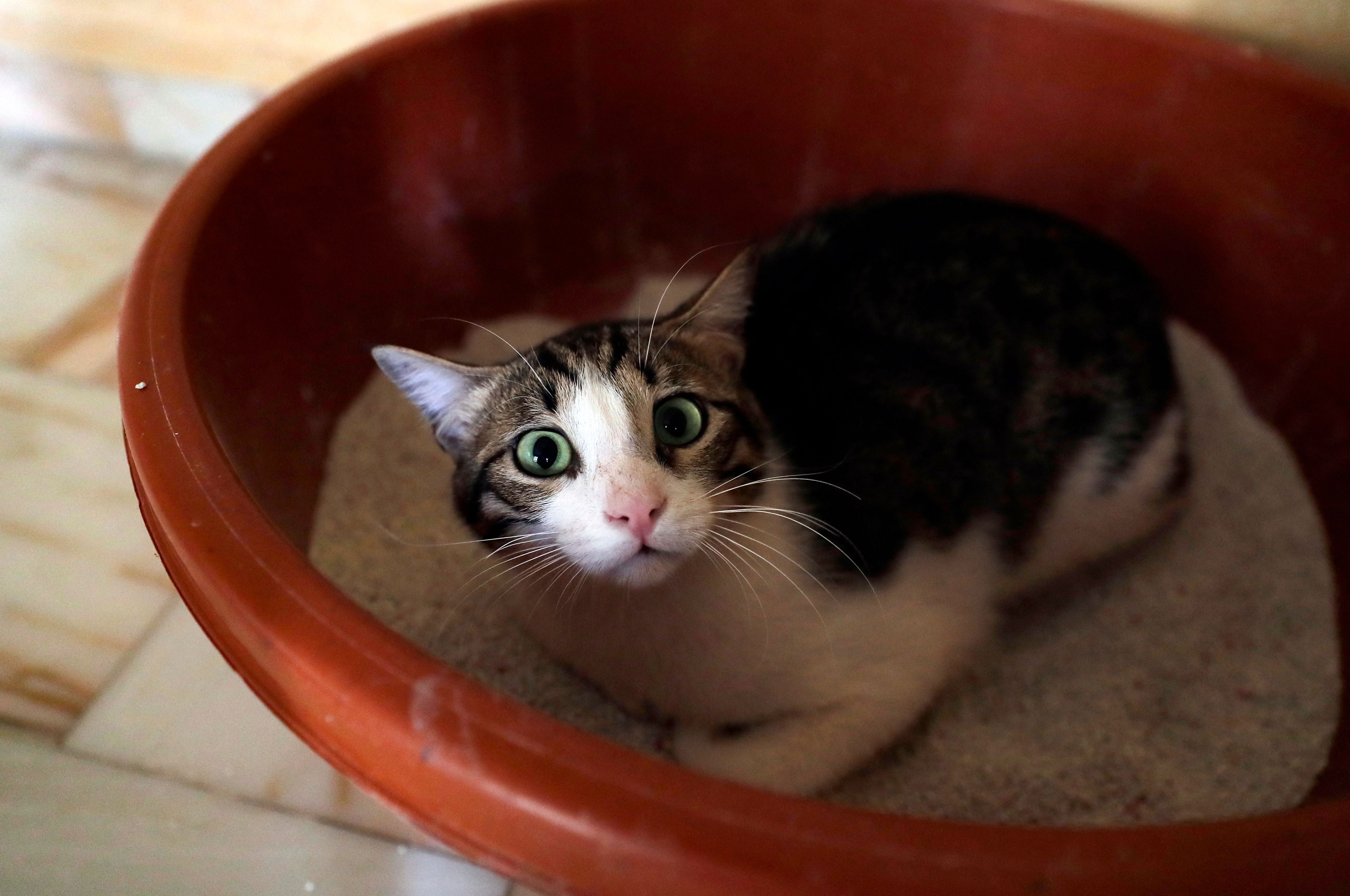Researchers have documented the severe health effects of onion ingestion by a house cat, shedding more light on the precarious nature of some food choices for pets.
The study, published in the journal Discover Animal, describes the rare case of severe anaemia in a cat with premature destruction of its red blood cells, leading to loss of appetite and lethargy, prompting urgent medical intervention.
Blood tests revealed that the cat had an alarming reduction in red blood cell count, pointing to a condition called haemolytic anaemia.
These symptoms were the cat’s reaction to the ingestion of onions, toxic due to the presence of compounds like thiosulfate that “wreak havoc” on red blood cells, explained researchers from Clinica Veterinaria Colombo in Italy.
A hallmark sign of this condition was spotted in the blood test.

Researchers found aggregates of denatured haemoglobin molecules called Heinz Bodies (HB), which are indicative of oxidative damage to red blood cells.
Such oxidative damage is a sign of illness caused by certain toxins, including those found in onions.
Tests also revealed the presence of “ghost cells” in the cat’s blood, which are remnants of red blood cells that have lost their intracellular content.
The latest study unveils for the first time how these cell-level changes took place in the cat’s blood, leading to the signs of anaemia.
“This case report suggests that onion ingestion can lead to anaemia with more severe erythrocyte alterations such as ghost cells with remarkably large HBs, which have not been previously described in feline onion ingestion,” scientists wrote.
“In this case report, the patient showed a large percentage of ghost cells and remarkably large HBs, which have not been described before,” they wrote.
With the findings, scientists highlight the severe nature of the oxidative damage caused by onion consumption in cats and the need for pet owners to be more aware of their cats’ dietary choices.
Cats are obligate carnivores, but their unique metabolic profile makes them highly sensitive to certain foods.
They lack sufficient enzymes needed to effectively metabolise some compounds, such as those found in onions, making them prone to adverse effects.
In this case, the cat was euthanised following the diagnosis “due to severe prognosis and to the financial constraint of the owner”, researchers said.
Typically, when cats ingest such harmful substances, treatment involves induction of vomiting to prevent further absorption of the toxins, and in rare cases, blood transfusions may be needed to stabilise severely anaemic cats.
Researchers call for spreading more awareness among pet owners about the dangers linked to common foods toxic to cats, such as onions, garlic, and chocolate.
They urge pet owners to keep these foods securely stored away from their cats, and raise awareness within their community.